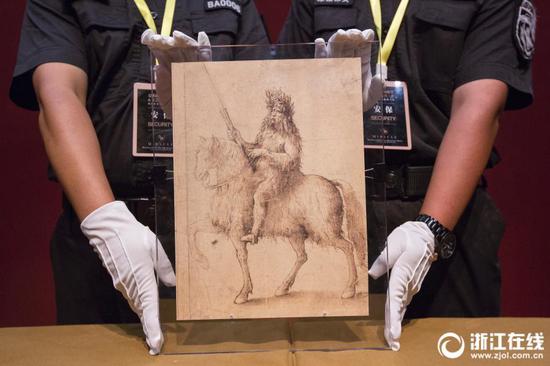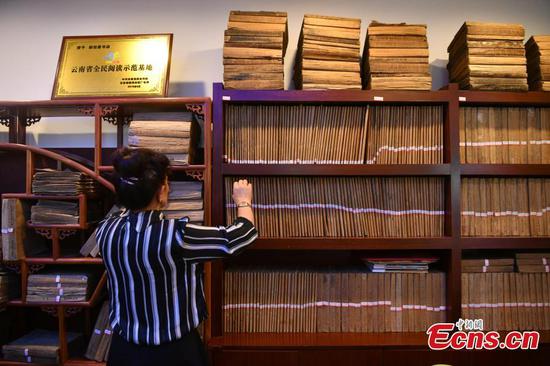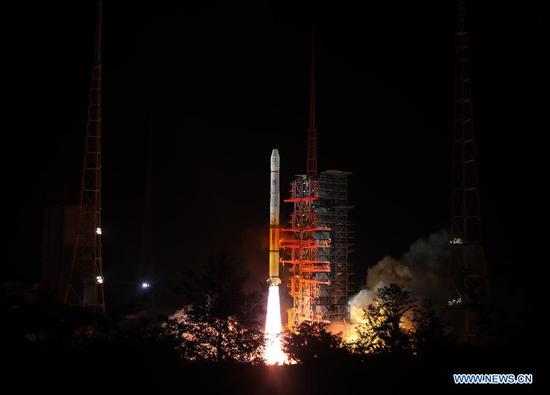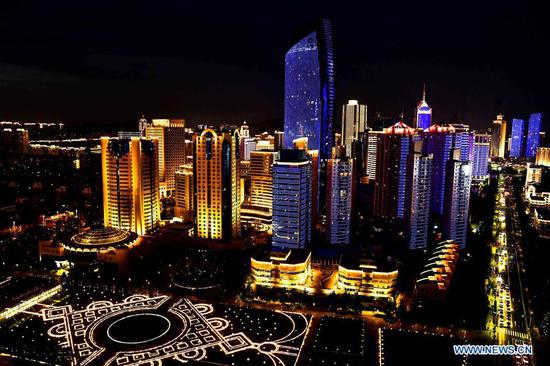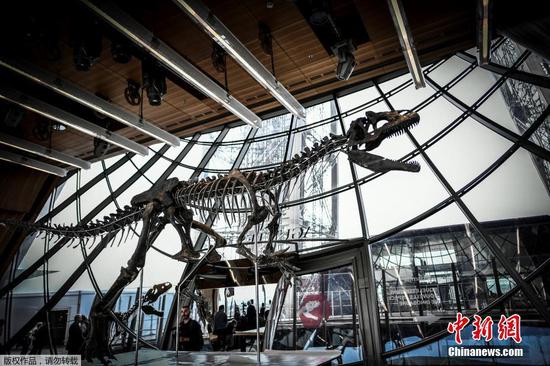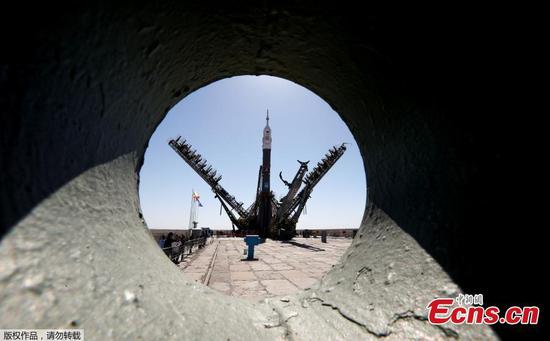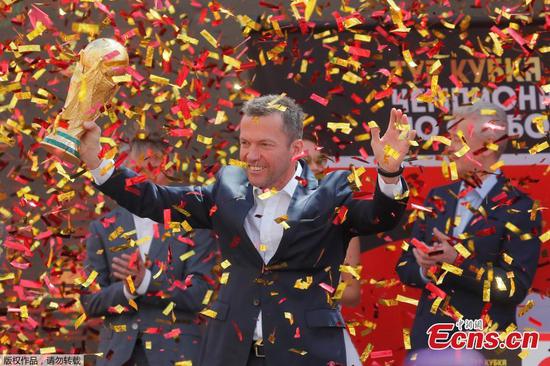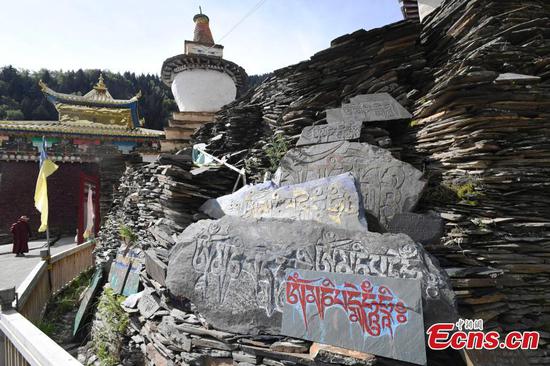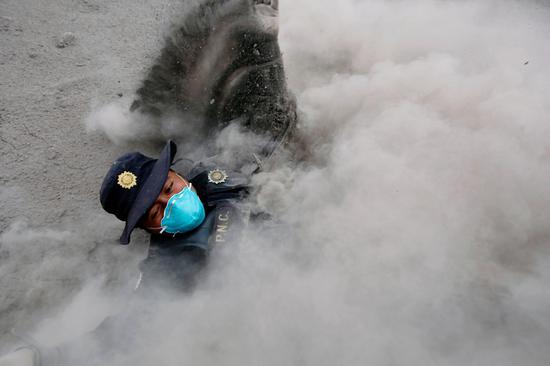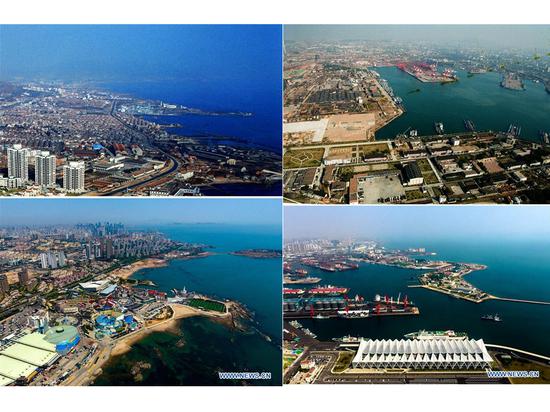Iran's declaration that it could increase its uranium enrichment capacity if a nuclear deal with world powers falls apart risks sailing close to the "red line", France's Foreign Minister Jean-Yves Le Drian said on Wednesday.
European powers have warned Iran that if it were not to abide by the terms of the deal, then they would also be forced to pull out and reimpose sanctions as Washington has done.
"If they go to a higher level then, yes, the agreement would be violated, but they need to realize that if they do, then they will expose themselves to new sanctions and the Europeans will not remain passive," Le Drian told Europe I radio.
French President Emmanuel Macron on Tuesday told visiting Israeli Prime Minister Benjamin Netanyahu that the 2015 nuclear deal should be preserved or security in Tel Aviv and the region would be at risk.
"I reiterated to the prime minister my deep conviction which is shared by our European partners that the 2015 agreement should be preserved to control nuclear activity," Macron told reporters.
"But it had never been considered by France as sufficient or fully satisfactory," he said, noting that "the 2015 nuclear accord is a step which needs to be completed with other post-2025 activities".
Iran has notified the International Atomic Energy Agency that it plans to open a center for producing new centrifuges, the Islamic Republic's nuclear chief Ali Akbar Salehi said on Tuesday, drawing an angry response from Israel.
Netanyahu has embarked on a three-day European tour aiming to rally support from allies against Iran as well as how to push Iranian forces out of Syria.
Netanyahu started his European trip by meeting German Chancellor Angela Merkel on Monday.
British Prime Minister Theresa May hosted Netanyahu for talks on Wednesday. She has remained committed to the deal, insisting it has helped make the world a safer place.
Israel faces deep strategic differences on Iran, as leaders attempt to rescue the nuclear deal after the U.S. withdrawal last month. Netanyahu has urged European states to dismiss Iran's nuclear deal, insisting that Teheran's threats to increase uranium enrichment showed the country still planned to destroy Israel.
European governments have been trying to salvage the agreement ever since the United States announced its withdrawal last month and said it would reimpose sanctions on foreign companies working in the Islamic republic by November.
The other parties-China, Britain, France, Germany and Russia-have vowed to stay in the accord, but many of their companies have already started to wind down Iranian operations.









